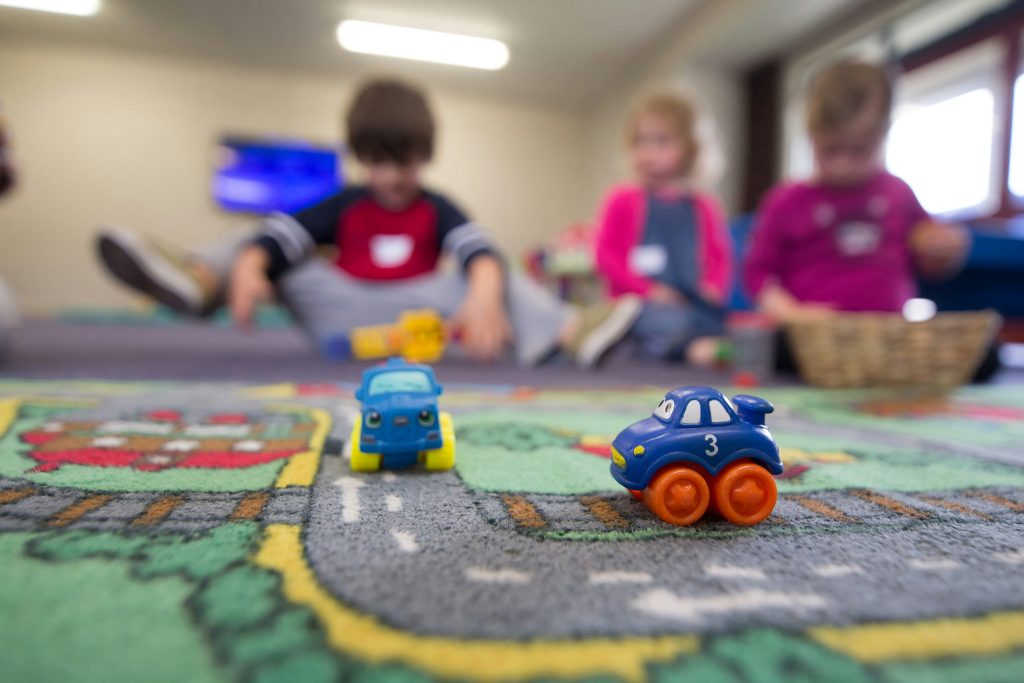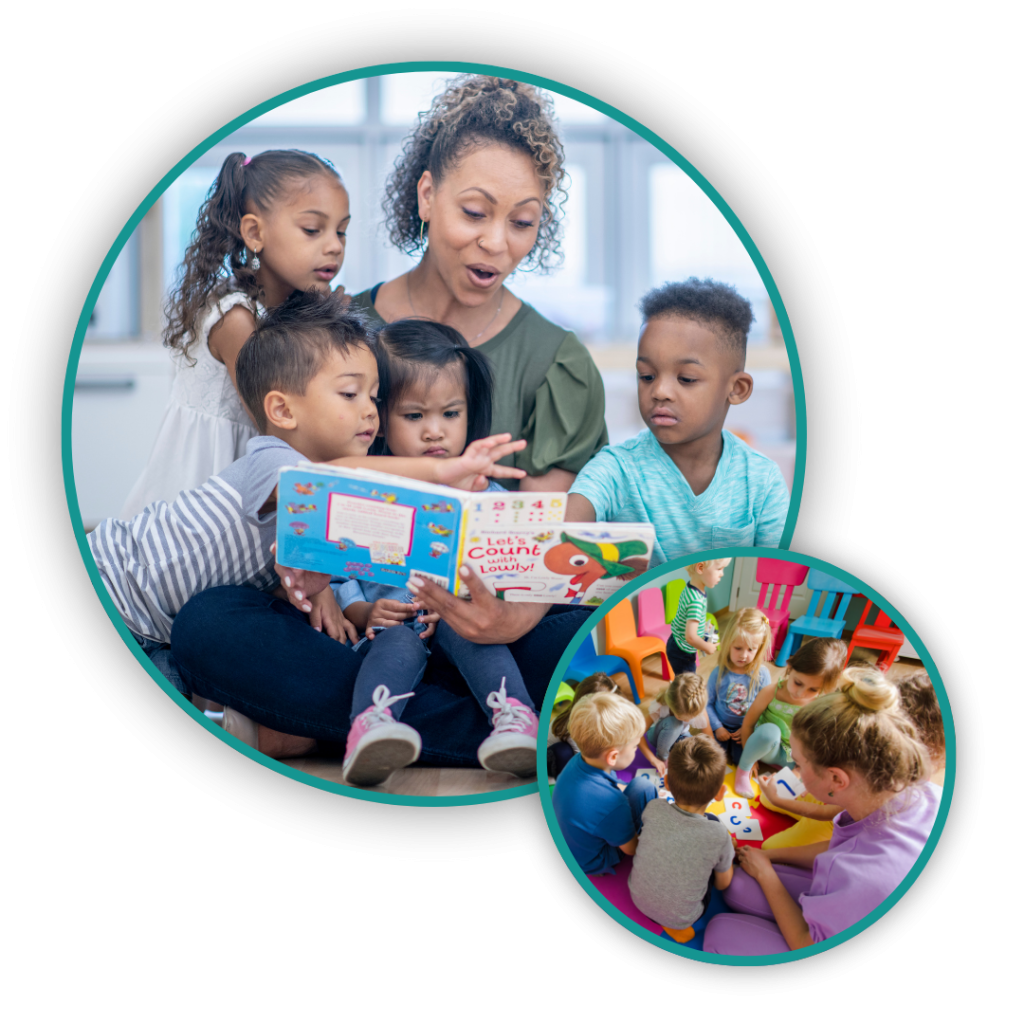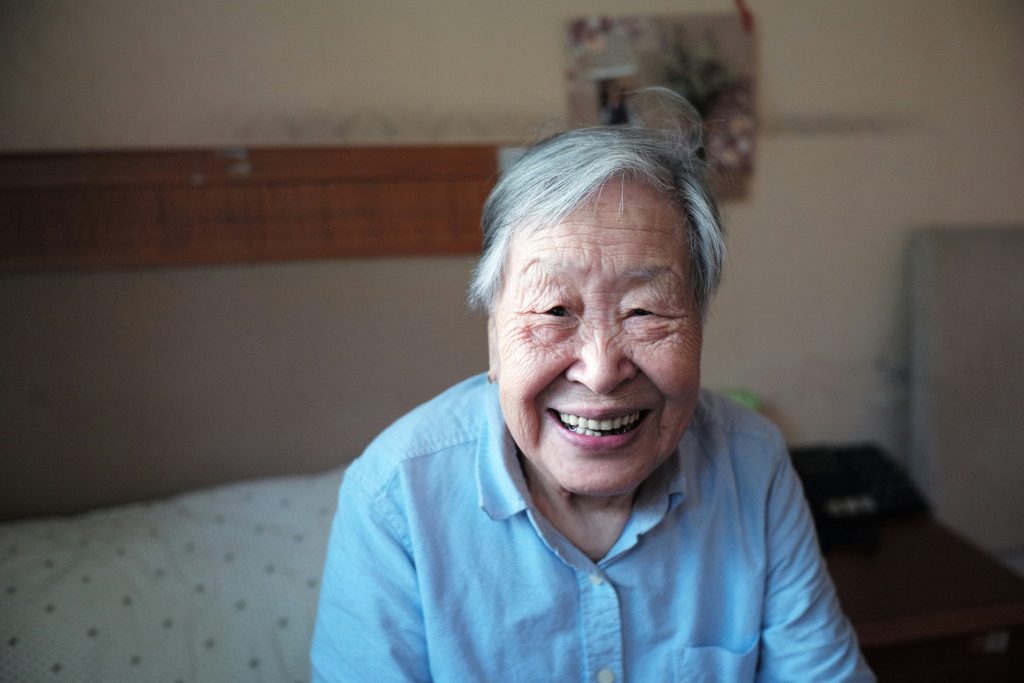
In Australia, play-based learning is central to early childhood education. This approach is guided by the Early Years Learning Framework and the National Quality Standard, both of which emphasise the importance of play and exploration in a child’s learning journey.
Play is one of the most critical ways for a child’s growth and development. It goes without saying that playing is fun for children, but did you know it can shape the structural design of the brain? Research supports play-based learning as a key element for optimising children’s brain development.
How does play support a child's development?
Play doesn’t just enhance one area of a child’s development, but provides a wonderful starting point for a holistic approach to early learning experience. Play supports physical, cognitive, social and emotional development, as well as literacy and numeracy skills. Here’s how play helps in each of these areas:

Physical development
Moving the body, working on those fine and gross motor skills are key parts of a child’s growth from birth. Play encourages physical development by helping kids explore their surroundings and discover what they can do. Whether it’s running, climbing, dressing dolls, stringing beads – these fun activities all help build important physical skills.
Cognitive development
Play also boosts thinking skills like paying attention, developing memory and recall, problem-solving skills. Through games and adventures, children can learn about colours, shapes, and letters, which helps their overall understanding and can improve their reading and math skills.


Social and emotional development
Play encourages children (and adults!) to use their imaginations. When kids take on different roles and explore various characters, they practice important social skills such as negotiation when you want to have a turn or working together for a game to work.
Self-esteem can be built through play too, as children feel proud when they achieve their goals. They also learn resilience by realising that it’s okay to make mistakes and keep trying.
Utilising the power of play
Using the benefits of learning through play helps children grow and develop in a way that matches their natural interests. When kids engage in activities they enjoy, they get more out of their learning experiences. Here are some key advantages of incorporating play into learning:
- Learning through play can occur anywhere: Play can happen anywhere – indoors, outdoors, in classroom settings, or at the park – you name it, you can bring play-based learning and exploration along with you.
- Better learning outcomes: Play makes learning fun and engaging. Research shows that kids who are involved in their learning tend to do better.
- Reducing stress: When play is part of learning, it takes the pressure off kids. They can explore freely, reflect on their experiences, and feel less anxious. Plus, many sensory activities can be relaxing.
- Encouraging movement: Staying active is important for everyone, and play makes it easy to add movement into learning.
- Fostering social skills: Play helps children build a sense of belonging and learn how to interact with others. Sharing and taking turns are vital skills that play naturally encourages.
- Facilitating appropriate risks: Trying new things and facing challenges are important for development. Play gives kids the chance to test boundaries in a safe and supportive environment.
So, how can early childhood educators incorporate play-based approaches to learning in their activity plans?
When creating your activity plan, include a mix of physical play, sensory experiences, outdoor activities, role play, unstructured play, creative play and toy-based play. This balanced approach will provide a well-rounded experience for children.
Our Early Childhood Education and Care courses can help you develop a thoughtful play-based learning plan for kids.
CHC30121 Certificate III in Early Childhood Education and Care (CRICOS Course Code: 107130A)
Dive into the world of child development with our CHC30121 Certificate III in Early Childhood Education and Care (CRICOS Course Code: 107130A),
This course covers the fundamentals of early childhood education and care for children of all ages. You’ll learn how to create a safe and nurturing environment where kids can learn and play. Plus, you’ll explore approved learning frameworks that help you build positive relationships with children.
CHC50121 Diploma of Early Childhood Education and Care (CRICOS Course Code: 107131M)
Do you dream of owning a family daycare centre, or running and managing a childcare centre?
Start your journey by getting qualified. Our CHC50121 Diploma of Early Childhood Education and Care (CRICOS Course Code: 107131M) not only includes practical placements but also teaches you the skills needed to lead a team of childcare educators, achieve accreditation, meet licensing requirements, and successfully manage a childcare centre.
Our childcare courses, offered at our Brisbane, Parramatta and Adelaide campuses, blend hands-on training with in-depth classroom learning. This combination prepares you to become a well-rounded childcare professionals, ready to kickstart your career.
Curious about our childcare courses? Get in touch!









